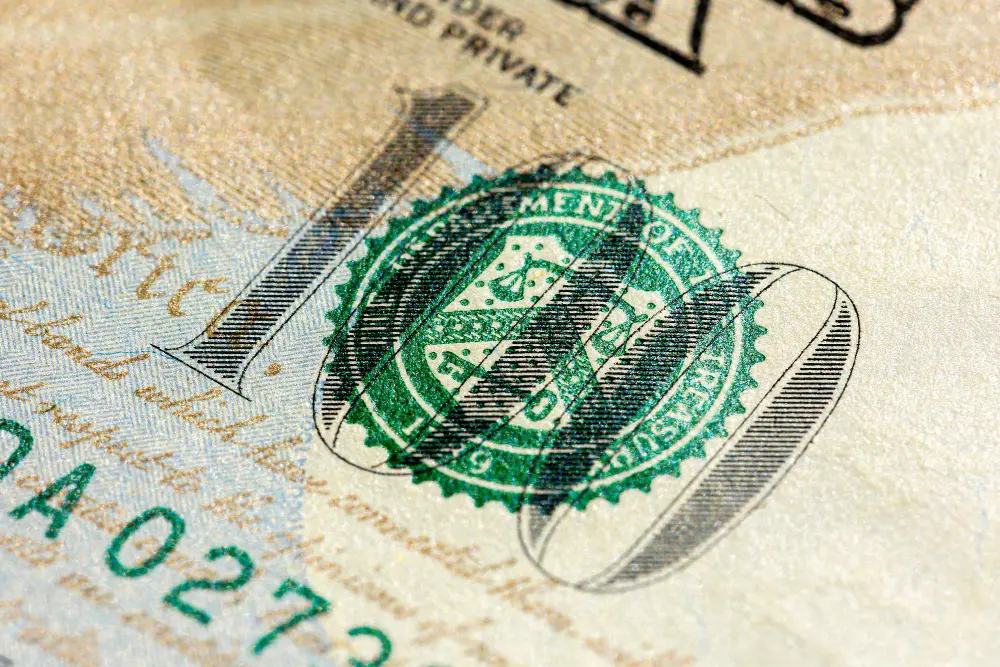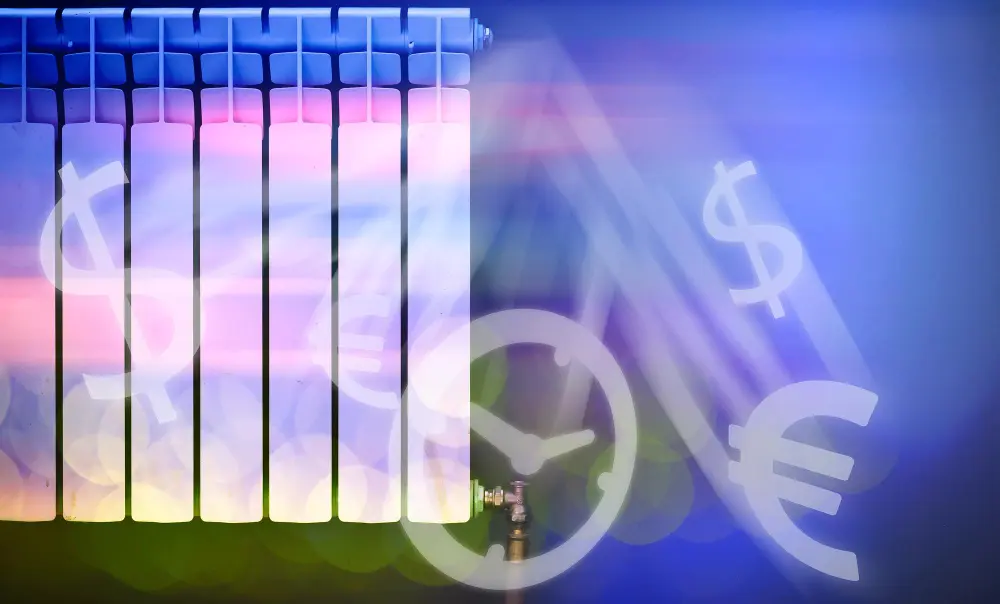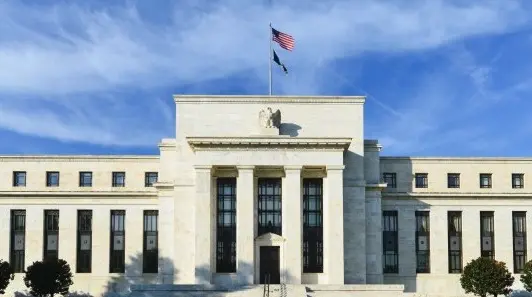USD: Holding pattern
Based on yesterday’s price action, we reiterate our view that the dollar’s rebound is getting tired and probably requires some hawkish repricing to keep going. As discussed over the week, we don’t think tomorrow’s US CPI will offer that opportunity as we expect a consensus 0.3% MoM core print. But surely with 50bp of easing fully priced in by year-end, any hot print could offer good support to the dollar.
FX volatility remains quite subdued in general, and well below the average of the past 12 months. This remains a good environment for carry trades, and the yen’s funding appeal could delay the recovery in spot despite markets looking more relaxed about Japan’s domestic story.
On geopolitical news, Trump has denied reports that the US will allow Ukraine to use long-range missiles, just as the US has announced new sanctions on Russia, including on oil producers Rosneft and Lukoil, which produce more than 5m barrels per day. Oil prices have rallied around 4% on the news, but the move has merely unwound October’s losses so far, and we’d likely need to see Brent heading to 70$ to result in tangible support for USD.
The key question at this stage is whether sanctions effectively reduce Russian oil flows (primarily to India). Back in January, oil markets overreacted to similar news, but the ultimate impact on Russian flows was limited. So it's probably too early to conclude whether these sanctions are enough to shift the range structurally higher for oil prices.
EUR: Heading into a non-event ECB
EUR/USD is hovering around 1.160, a level that, in our view, can work as an anchor again today and possibly for a few more days should US CPI fail to add much to the dollar narrative.
The eurozone calendar only includes consumer confidence data (not market-moving) today, and tomorrow’s PMIs may also have limited spillover into FX. Next week’s ECB meeting will incidentally be a non-event in our view – as discussed here.
In the rest of Europe, Scandinavian currencies are performing quite well this week, mostly thanks to their high beta to the recovery in risk sentiment. Incidentally, both Sweden and Norway present a combination of decent growth prospects and low debt that favours rotation into their (undervalued) currencies in periods of market calm. We remain generally constructive on SEK and NOK, even if the short-term picture is more mixed than the medium-term one.
CEE: PLN tests new gains despite rates pointing in the opposite direction
Yesterday's retail sales figures in Poland did not excite the market too much, but as our economists discuss, the details confirm the strong form of the economy and GDP in the third quarter. Today, we will see more secondary data in the CEE region, and we are also getting closer to the start of the CNB blackout period from Thursday next week, and the probability of seeing some interviews of the CNB bank board is increasing. The November meeting of the central bank will also bring a new forecast, which we could hear some hints about in the bank board's statements.
EUR/CZK and EUR/HUF saw only some further side moves and CEE lacks a stronger impulse for movement. On the other hand, EUR/PLN surprised with a quick swing down yesterday and, without any significant reason, tested levels below 4.225, the lowest levels since April. PLN erased most of the profit and closed trading again above 4.230 at the end. However, the market shows that PLN has some potential, although rates point rather in the opposite direction























































































